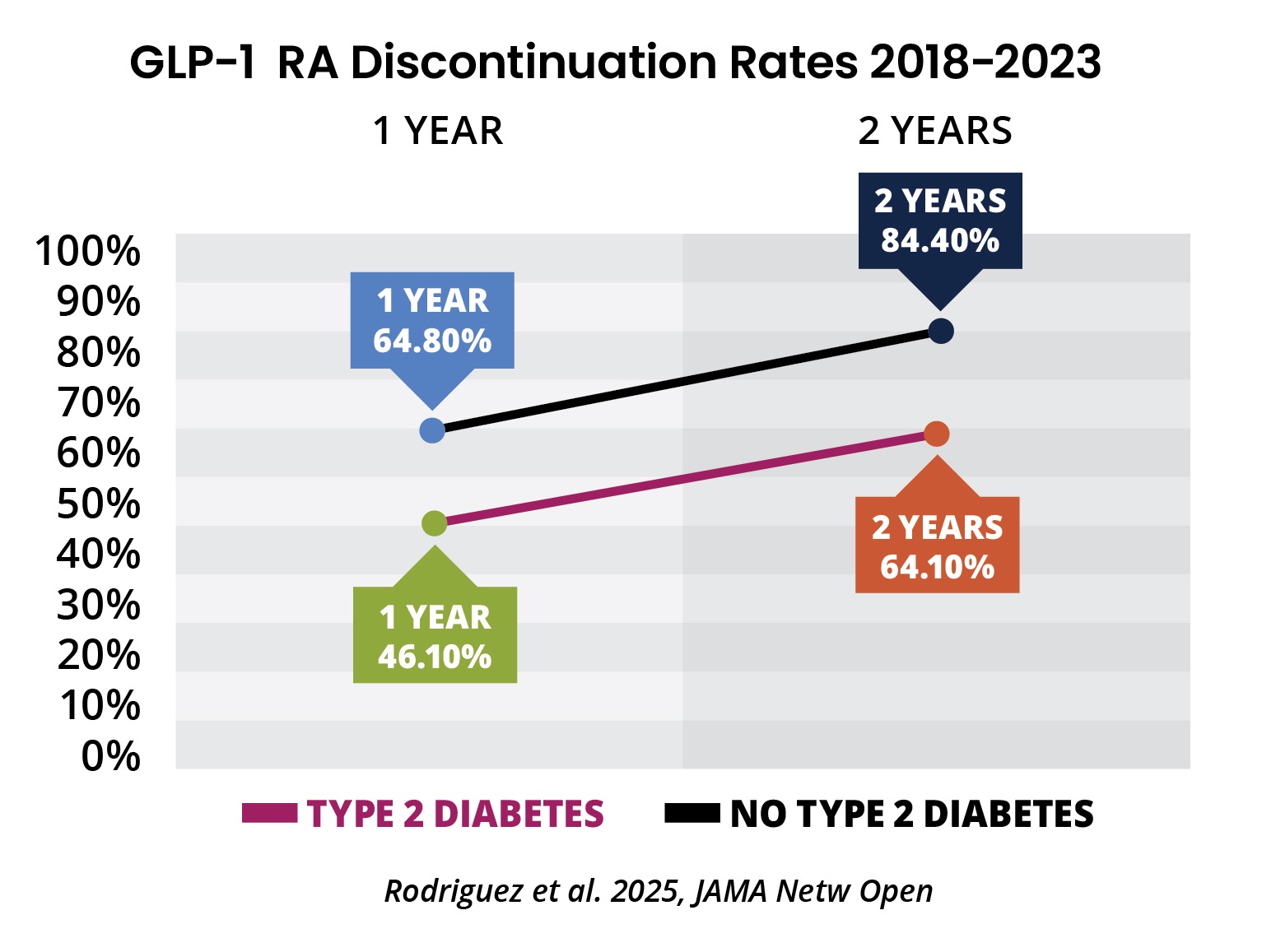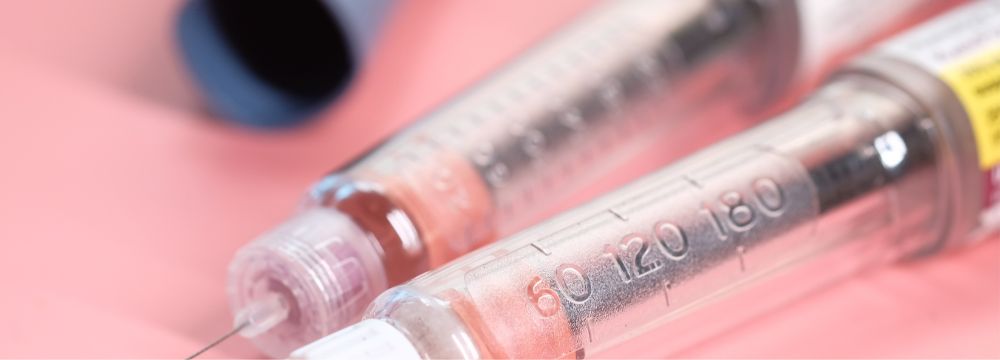
Dr. Jacobs’ Key Points
- One should consider GLP-1s to be a lifelong therapy
- Up to 65% of patients are off GLP’s after one year. Up to 85% are off GLP’s after 2 years
- Almost all the weight is regained after stopping GLP’s
- GLP-1s can be useful in training for lifestyle change
- GLP-1s have an upper limit of effectiveness that may not work for 40+ BMI patients
- Medication and surgery can work symbiotically
- Any treatment that ensures weight loss and resolution of co morbidities safely is a good thing
With the advent of weight loss-approved GLP-1 drugs like Wegovy and Zepbound, there is renewed hope in the fight against excess weight and obesity. Patients with obesity have yet another option in their arsenal to fight excess weight that is not only very effective but also seems relatively safe, at least in the short and medium term. However, due to the cost of these medications as well as potential side effects, taking these drugs for the rest of your life may not be a viable option. On the other hand, it’s pretty clear that once patients stop taking these GLP-1 drugs, the likelihood is that they’re going to regain weight as their metabolism normalizes and they start to consume more calories.
In this article, we will discuss how to effectively wean yourself from GLP-1 drugs to minimize potential weight regain and, separately, the viability of bariatric surgery.
Consider the Drugs as a Catalyst for Change
Ultimately, these drugs should not be considered lifelong options for losing weight and maintaining that weight loss. Instead, they should be seen as a catalyst for a lifestyle change. This is because they ultimately have limited effects in that most patients will not lose more than 10-15% of their body weight while on the medications.
A Bridge to Bariatric Surgery
It’s important that patients also consider their BMI when understanding their options for weight loss. Patients with a BMI over 40 are unlikely to receive sufficient benefit from weight loss medications alone. However, the meds can act as a bridge to bariatric surgery, reducing risk and allowing patients to understand and preview their postoperative lifestyle early on. These drugs can make the postoperative life far more successful and can even be used postop to enhance weight loss results during plateaus.
Patients who have maxed out the potential of their weight loss drug or have regained their weight should then consider bariatric surgery.
Dr. Jacobs does see the potential for a symbiotic relationship between drugs and surgery and, as such, advocates for both. However, properly using each is critical to ensuring long-term success and maintaining weight loss.
GLP 1 RA Discontinued Rates Over Time






